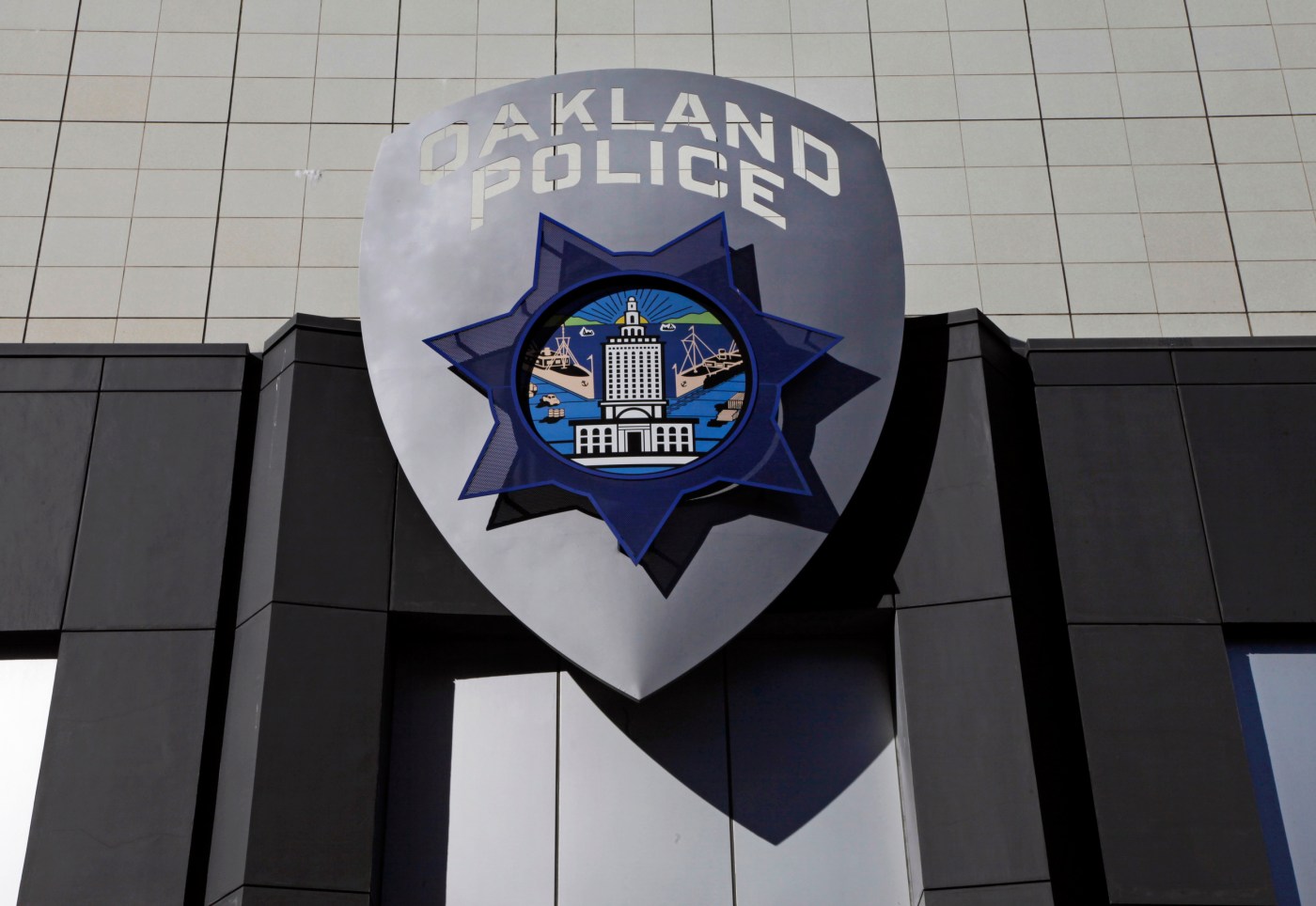
OAKLAND — A civilian oversight body with unprecedented authority over the city’s police will allow officers significantly more flexibility in deciding whether to chase suspects at high speeds through city streets.
Related Articles
Oakland police chief to again seek policy change for high-speed chases
Man shot after dispute near Lake Merritt dies of his wounds
Oakland detective under fire used racial threats on murder suspect, attorney claims
Opinion: Five years after Floyd, civilian police oversight is dying on the vine
Technical glitch a mystery after bungled effort to hide dozens of East Bay police, sheriff’s radio channels
In a unanimous vote, the Oakland Police Commission determined Thursday that police can initiate a pursuit over 50 miles per hour at their own discretion, so long as they receive a supervisor’s permission for it soon afterward.
It is a significant victory for Chief Floyd Mitchell, who had sought for months to reverse a special order established by his predecessor that required prior approval for chases at those speeds.
Mitchell steadfastly argued that the policy limited his officers’ ability to catch criminal suspects — a concern echoed by Gov. Gavin Newsom on multiple occasions over the past year.
In a letter last year to the city, Newsom described how California Highway Patrol officers deployed to Oakland had noticed suspects routinely using the same escape routes in which pursuits would prove dangerous.
High-speed chases have led to deadly consequences in Oakland, including for innocent bystanders. Mitchell, though, promised on Thursday to hold quarterly reviews of the number of collisions and injuries that result from pursuits.
“Everyone’s going to be watching this,” Mitchell said at the commission meeting, noting that a court-appointed official assigned to monitor the Oakland Police Department is paying close attention to the policy.
Oakland Deputy Chief of Police Anthony Tedesco, left, Police Chief Floyd Mitchell, Mayor Barbara Lee, and Department of Violence Prevention Chief Holly Joshi hold a press conference about the crime that is down in Oakland, Calif., on Wednesday, Aug. 6, 2025. (Ray Chavez/Bay Area News Group)
Police will still be limited to only pursuing individuals suspected of committing a forcible violent crime — robberies, for instance, but not burglaries — or if there’s probable cause to believe a suspect is carrying a firearm.
Officers must also consider at all times whether to terminate a chase, based on 19 risk factors that include road conditions and the likely presence of children or elderly pedestrians in the immediate area.
OPD’s critics had resisted changes to the pursuit policy, believing it would overturn an important measure of police accountability.
They also worried about transparency, especially in light of the city’s recent plans to encrypt police radios, hiding scanner traffic from public airwaves.
“If an officer an initiates a pursuit and claims that he contacted a supervisor, how will we know that he (did so) in a timely manner?” asked Millie Cleveland of the Coalition for Police Accountability. “He can lie.”
Mitchell’s earlier efforts in May to overturn the 50-mph-policy were met with heightened resistance following the death that month of Marvin Boomer, a celebrated Castlemont High teacher killed by a driver fleeing the CHP.
Public speakers at Thursday’s commission meeting also referenced Lolomanaia Soakai, a man who died in a 2022 crash involving a motorist whom Oakland police officers had pursued in a nighttime “ghost chase,” with no sirens or lights activated.
Still, the volunteer commission’s chair, Ricardo Garcia-Acosta, praised Mitchell for hearing earlier feedback and demonstrating a willingness to compromise.
“We’re going to hear criticism that you didn’t go far enough,” Garcia-Acosta said, “and criticism that you’re changing too much. So it’s been pretty courageous for you to be thoughtful.”
Mitchell did receive criticism from a pair of civil-rights attorneys who represent the plaintiffs in a brutality case that first brought OPD into longstanding federal oversight.
“We’ve done this for many years,” one of the attorneys, Jim Chanin, said in an interview ahead of Thursday’s meeting. “We never had an issue with pursuits before Chief Mitchell.”
Ultimately, some police skeptics saw the commission’s vote as the better of two outcomes — the other being the City Council, which would have been able to examine the pursuit policy had the volunteer body voted against a change.
Lance Wilson, a public-relations professional who works with the Anti Police-Terror Project, warned that the council might loosen the restrictions further, potentially allowing chases for lesser crimes, such as burglary.
“Everybody knows these streets in Oakland are small, (that) the infrastructure is terrible,” Wilson said. “It’d be deaths all over the place. And we can’t afford that.”
Shomik Mukherjee is a reporter covering Oakland. Call or text him at 510-905-5495 or email him at [email protected].